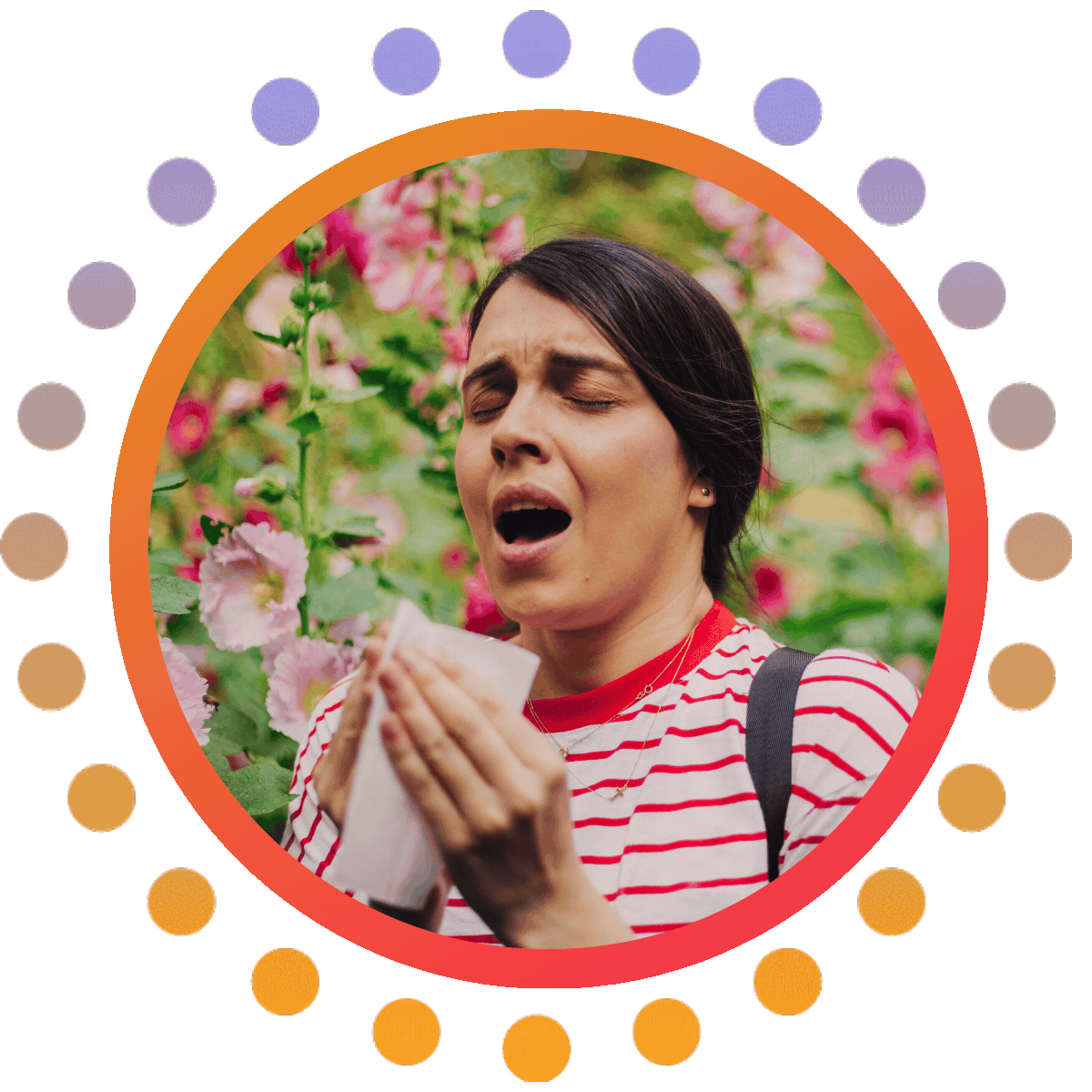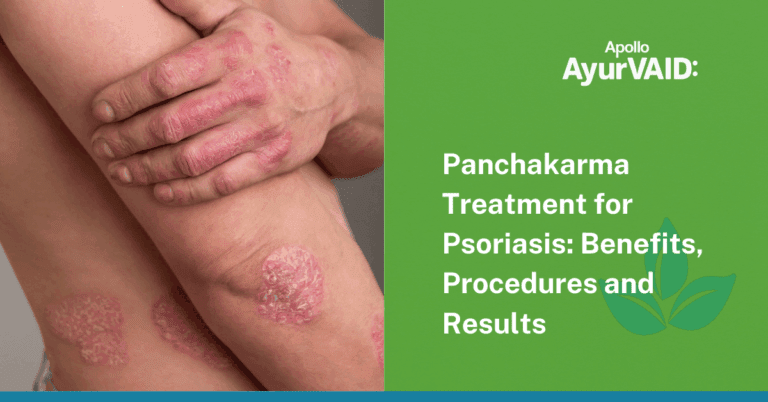
Web Stories
Step Into the Story: Explore Now
Introduction
Spring and fall are the seasons that evoke the creativity and imagination of poets and writers alike. The blooming flower buds and the colour-changing leaves make spring and fall a breathtaking symphony of nature’s artistry. But these beautiful weather conditions are dreaded by those with allergies. From pollens to mould, there are a variety of allergens that can trigger the uneasy symptoms people with allergies have to tolerate. Let us learn more about the Ayurveda perspective of allergies and its management.
Understanding Allergies and Ayurveda Prospective
Allergies result when the body accumulates excess wastes, toxins, and impurities. Virudhahar (incompatible foods), Asatmya (intolerance) and Dusivisa (natural or artificial toxins) are a few causative factors of allergies. This results in low digestive fire and the formation of improperly digested food (called ama) that travels through the channels of circulation (Srotas) and vitiates blood, pitta (Rasa Rakthadi Dhatus) and Kapha dosha. These accumulated wastes irritate the immune system. When the body comes in contact with allergens the already irritated immune system creates the symptoms of an allergy attack.
Allergy Treatment in Ayurveda
The Ayurveda management of allergy not only focuses on the allergen but also the root cause of the allergy- the dosha imbalance and accumulation of ama. Dealing with the root cause ensures lasting relief rather than providing symptomatic comfort. The involved dosha will determine the reaction of the body to the allergen- Pitta will cause a burning sensation while Kapha will cause itching and the involvement of more than one dosha can make the situation worse. Similarly, factors like inappropriate diet and lifestyle (Asatmeeya Ahara Vihara), stress (Shoka), overwork, seasonal changes (Ritu), chronic diseases, and strong feelings of anger (Kopa), worry (Dukha) or grief can also aggravate allergies. All these factors are kept in mind while determining the best treatment plan for you, which usually involves diet and lifestyle changes, medicines and Panchakarma cleansing therapies. These also help to regulate your immune responses and not go on override during allergic reactions.

Conclusion
Allergies can be quite challenging. But with the right Ayurveda care and management, you can find lasting relief and reduced intensity of symptoms. By incorporating personalized diet and lifestyle modifications, along with herbal remedies and detoxification techniques, Ayurveda aims to balance the body’s doshas and strengthen the immune system. Ayurveda emphasizes the importance of prevention and maintaining overall well-being to minimize the recurrence of allergic reactions.

Frequently Asked Questions






